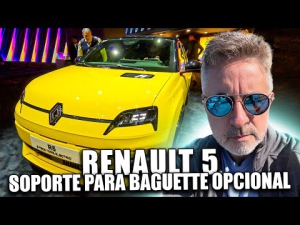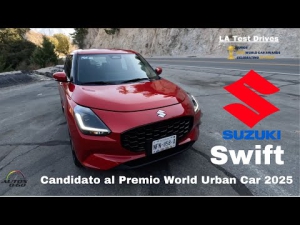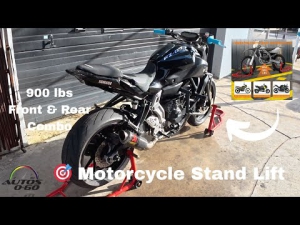These Renault and Suzuki Cars Got Zero-Star Safety Ratings
In the U.S., four and five-star safety ratings are the goals for automakers. The Insurance Institute for Highway Safety (IIHS) tests vehicles for crashworthiness and car safety in a variety of ways. The National Highway Traffic Safety Administration (NHTSA) performs similar tests. However, the Latin NCAP recently tested two vehicles that received zero stars.
The Latin NCAP, the IIHS, and the NHTSA safety ratings
The Latin NCAP is an independent assessment program for new vehicles in Latin America and the Caribbean. During a recent safety rating test, the Renault Duster and Suzuki Swift received scores of zero stars. According to a reply from the official Twitter page, Renault manufactured the Duster that failed in Latin America and Romania. A similar vehicle to the Renault Duster is the Dacia Duster. This vehicle is manufactured in Europe and has better safety ratings.
The IIHS tests things like side crashes, rear crashes, roof crush, and frontal-impact ratings. The NHTSA performs similar tests. The NHTSA also performed the test on frontal-crash, side-crash, rollover, and other frequent issues. These are similar to the tests below done by the Latin NCAP.
The Renault Duster recieved a zero-star safety rating from the Latin NCAP
The Renault Duster has double airbags and Electronic Stability Control (ESC) standard and still did not rack up a single star. In the Adult Occupant box test, the Duster had a score of 29.47%. The child version of the test scored 22.93%. In the section relating to pedestrian safety, the Duster received a safety rating score of 50.79%. In the final safety assistance section, the Duster received a score of 34.88%.
The Latin NCAP said the Duster does not have airbags protecting the side body or side head. The test showed “unstable structure performance and a fuel leakage.” The organization seemed especially concerned about the fuel leak on cars that Renault sold before testing.
“The fuel leak recorded in the frontal crash test needs further action from Renault, not just to solve the problem in production but to recall all the units sold in the market that potentially have this problem in the fuel tank in a crash. In the same line the door opening in the side impact requires immediate action by Renault as it poses a serious risks of ejection in the case of side impacts.”
Latin NCAP
That’s something Renault should work on fixing immediately. Both for cars that have previously sold and cars that will sell in the future.
The Suzuki Swift also recieved no stars

The Suzuki Swift tested here was made in India and Japan. Suzuki offered the Swift in a hatchback and sedan version. In the adult test, the Swift scored 15.53%. For the child score, that came in at an unbelievable 0%. The pedestrian safety rating score was 66.07%, and the safety assist score was 6.98%.
There is a lack of side impact protection due to the lack of airbags. It also only offers a standard lap belt in the rear middle seat. Suzuki does not provide ESC standard on the Swift. In Europe, the Swift on the market has ESC and six extra airbags. “It is disappointing and upsetting such poor safety performances offered by Renault and Suzuki to Latin American consumers,” noted Alejandro Furas, Secretary-General of Latin NCAP.
In conclusion, the customers in this region are forced to pay extra for safety features that come standard in markets like Europe. It is disappointing that brands like Suzuki and Renault still produce zero-star safety rating vehicles. Do better, Suzuki and Renault!
RELATED: These are the Most Expensive Supercar Crash Tests Ever
The post These Renault and Suzuki Cars Got Zero-Star Safety Ratings appeared first on MotorBiscuit.







